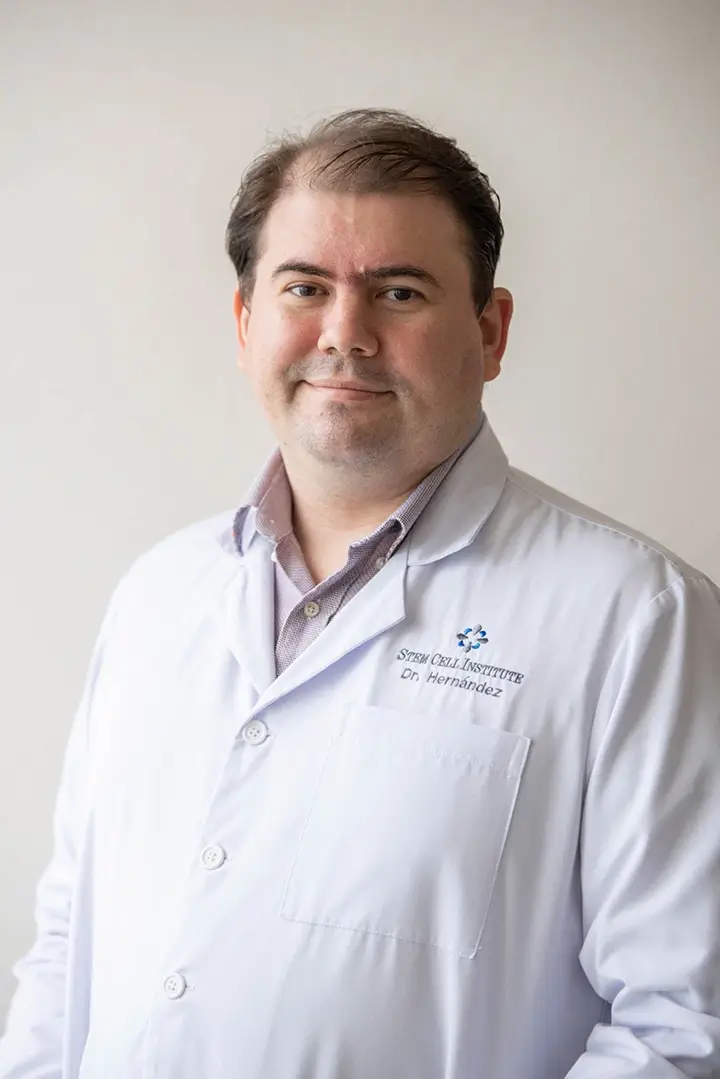Stanford University scientists have announced the discovery of adult stem cells that are located in human testes and which exhibit a capacity for differentiation that appears to be similar to that of embryonic stem cells.
The discovery is the result of studies that were conducted on 19 men who were treated for infertility by Dr. Paul Turek of San Francisco. Testicular tissue samples that were obtained from the men yielded abundant quantities of stem cells which were later found to exhibit multipotency in their differentiation capability when injected into mice.
The discovery is similar to previous reports that were published in the journal Nature by a team of scientists at the University of Tubingen in Germany, who had reported similar results from stem cells isolated from the testes of mice and which were found to differentiate into a variety of mouse tissue types. This latest study, however, is among the first to be conducted in humans.
According to Dr. Renee A. Reijo-Pera, who led the team of scientists, “We have a battery of tools now and we’re moving rapidly down the long road toward their use in human medicine. I’m really amazed at the progress the science is making, and I’m certain we’ll be ready for clinical trials of some stem cell therapies within the next 5 to 10 years.”
According to Alan Trounson, president of the California Institute for Regenerative Medicine, the primary focus of which is funding for embryonic stem cell research, “This is extremely interesting and important work.”
Whether or not men will be eager to donate testicular tissue for the harvesting of stem cells, however, is yet to be seen.

